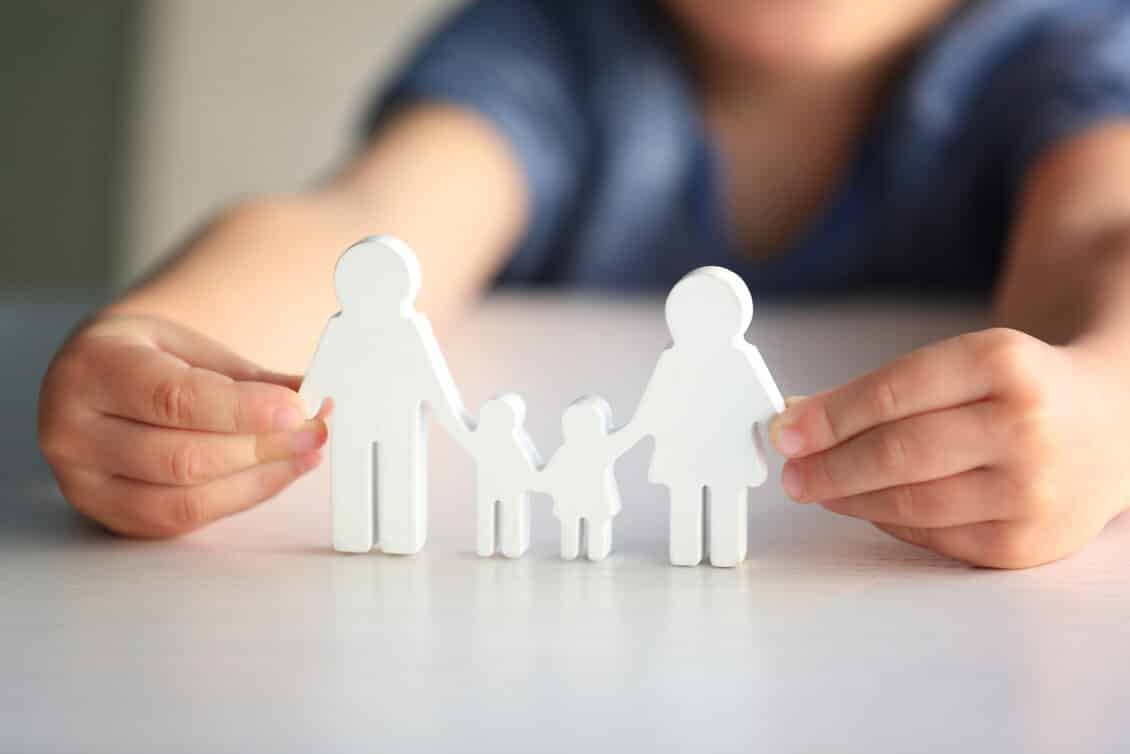
An addiction impacts more than just the addict. That’s why it’s important to include loved ones in the recovery process.
Close friends, family members and partners are all affected by a person’s addiction. While this fact is often acknowledged, little is done to address it, and this is problematic for two reasons. First, it prevents loved ones from fully supporting the person suffering from addiction. And second, it causes stress, anxiety, anger, resentment and a host of other frustrations to the loved ones themselves.
Why it’s Important to Include Loved Ones in Addiction Recovery
Including loved ones in the recovery process is beneficial to both the loved ones and the recovering addict.
This inclusion helps to create an environment of understanding and compassion, which encourages patience and support. It allows people to understand the addict’s recovery process, and helps dispel the shame of having a family member struggle with addiction.
But this process is about more than optimizing the support given by loved ones. It’s also about making sure the loved ones are themselves supported, because watching someone you care about go through something as troubling as addiction doesn’t just cause pain on behalf of someone else. It causes pain, period.
How Loved Ones Can be Included in Addiction Recovery
As part of our addiction treatment programs in Toronto, we offer family addiction therapy and codependent support. Family therapy involves the client, along with various family members. Partner support is therapy for one supportive partner (spouse, friend or family member), and is conducted without the presence of the addicted relative.
These services are included at Trafalgar Addiction Treatment Centres, not just because they help our clients and their families/partners on an individual level, but because they help to preserve or repair the bonds between the individuals involved.
In providing therapy for partners, we seek to help discover their genuine feelings regarding the situation, and help work through them. We also try to help people gain perspective about addiction, help them be supportive of their loved one, and assist in maintaining their relationship with them.
The Impact of Including Loved Ones in Addiction Recovery
Having someone close to you suffer from addiction is an emotional thing. Different people react in different ways, but common sentiments include frustration, sadness, anger and resentment.
Talking about these feelings with the addict is difficult for a few reasons. First, you don’t want to make the situation about you. They’re the one going through a hard time, and your problem is but a fraction of theirs. Secondly, you may not want the person to know how affected you are by their addiction, because you want to avoid making them feel bad when they’re already dealing with so much.
Even talking to other people can be challenging, because it sometimes makes loved ones feel guilty, as though they’re complaining about the person they ought to be giving their full support to.
Of course, there’s nothing unnatural about feeling frustration, sadness, anger or resentment. Even though the addict may be suffering most, others still suffer. And, just like the addict, those other people also benefit from receiving therapy.





